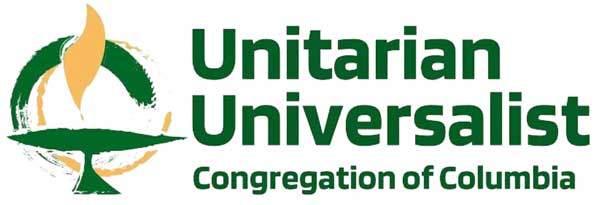As our congregation accepts the task of building and strengthening programs for children and youth, we ask, “what does this really mean?” Who are the children and families we hope to serve? To approach an answer to this big question, we must work together. The Children and Youth Religious Exploration Committee has asked for the help of the Worship Committee to craft a message that invites us all into dialogue. We will listen to what parents have to say as we explore the needs of our children.
In-Person Services, Columbia, SC Sundays 11AM
